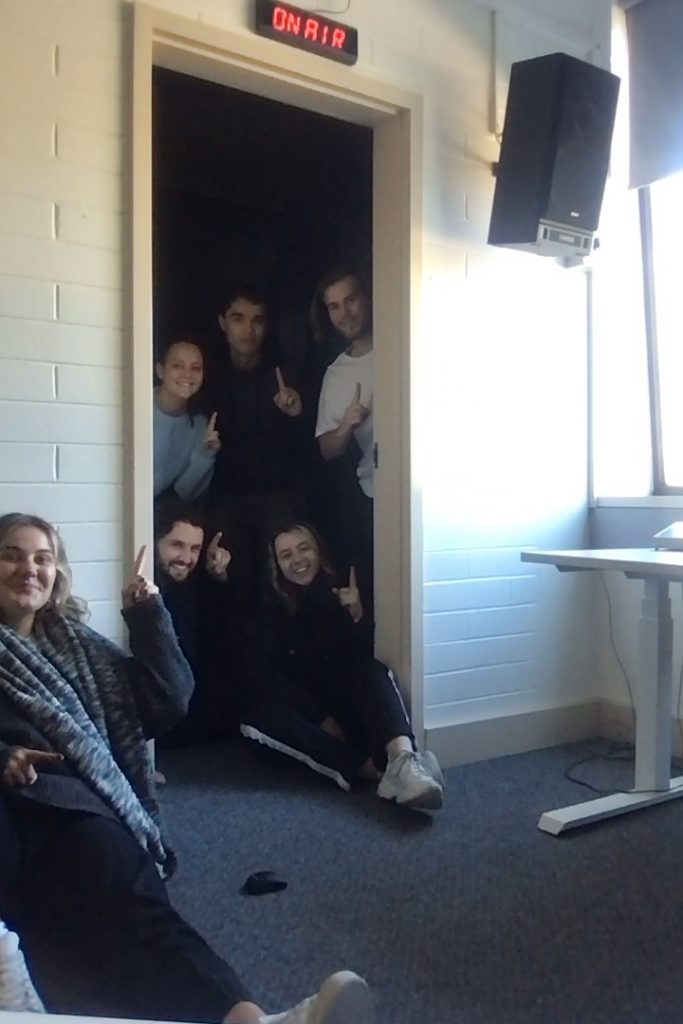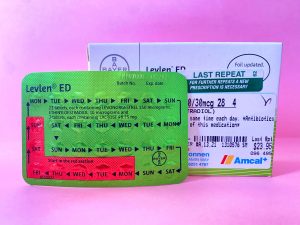The future of safe injecting rooms
By TING WALKER
WHAT is the future of the Medically Supervised Injecting Centre now the NSW Government has announced it will legislate to make it permanent?
What is the Medically Supervised Injection Centre?
The MSIC is a drop-in centre in Sydney’s Kings Cross where intravenous drug users can safely inject drugs in a facility with trained medical staff.
It provides sterile injecting equipment and a clean safe environment for users. In the event of an overdose patients can be treated with the opioid antagonist Narcan, oxygen, or both.
The MSIC provides a non-judgemental place for intravenous users to safely inject, and can refer them to other services or other treatment.
How are addicts allowed to shoot up in a medical facility?
The NSW Government amended the Drug Misuse and Trafficking Act 1985 after holding a drug summit in 1999, to allow an MSIC to operate on a trial basis. NSW faced a heroin epidemic at this time with a rapidly rising heroin death rate over the preceding three years. In 1998 there had been 358 fatal heroin overdoses in NSW, and 737 heroin overdoses across Australia.
Why was Kings Cross chosen as the site for an MSIC?
Kings Cross is a centre of vice and crime in Sydney. In 1999 several heroin shooting galleries operated there with tacit consent of corrupt local police. Users could rent space in unsupervised and unsanitary rooms to shoot up. Ambulances regularly attended overdoses. The Government set out to provide a safe place in the Cross for drug users who might otherwise inject or overdose in public places such as a parks, toilets or doorways.
Uniting Care NSW-ACT was contracted to operate the MSIC.
What was behind the NSW Government’s decision?
The Drug Summit reviewed successful harm reduction initiatives that were already in operation within Australia. NSW had a methadone program to provide an alternative to heroin, and introduced a needle exchange program in 1985 to combat the spread of AIDS and other diseases through intravenous drug users to the wider community.
What is harm reduction?
It can be argued that the harm reduction approach deals with persistent social problems; it has been applied in areas such as driving (speed restrictions, seat belts, baby capsules); sex (safe sex programs, legalised prostitution); alcohol (breath tests, pricing, age restriction); smoking (warnings, pricing) and gambling.
The case for harm reduction with regard to drug policy rests on an assumption there has never been, is not now, and will never be a drug-free society.
Do other countries take a harm reduction approach to drug use?
Harm reduction policies have been introduced worldwide in response to the spread of blood borne diseases such as hepatitis and HIV. Several European nations such as the UK, Netherlands, Switzerland and Germany initiated proactive harm reduction measures to reduce the damage of illicit drug use.
The United States introduced a clean needle program in the mid 1990’s, 10 years after more liberal-thinking countries had approved similar policies. By that time 14 percent of US intravenous drug users were infected with HIV. The rate of HIV infection in Australia was at five per cent in 1995.
Has the Kings Cross MSIC been a success?
Yes. The Kings Cross MSIC has operated for over nine years on a temporary basis and has seen over 12,000 clients. It has provided assistance to more than 3426 overdoses, distributed over 300,000 new syringes to users, referred over 8500 users to other services, 3870 to further drug treatment and reduced ambulance callouts to overdoses in Kings Cross. There has been no fatal overdose at the centre.
National Drug and Alcohol Research Centre statistics indentify falling rates in the use of heroin and increasing use of ecstasy.
The MSIC reports users attending the clinic inject a range of illicit drugs including heroin, cocaine and methamphetamines, and prescription drugs such as oxycodone and benzodiazepines.
Is there political consensus in Australia to support harm reduction strategies?
No. After Australia complained that harm reduction strategies had been omitted from the Declaration of the 2009 UN Commission on Narcotic Drugs, the Member for Mackellar, Bronwyn Bishop said that these strategies had failed in Australia. She called for cuts to funding of the methadone program and other harm reduction strategies.
Premier Kristina Keneally announced on September 15, that after nearly 10 years of trials, legislation would be introduced to the NSW Parliament to give the MSIC a permanent status.
NSW Deputy Premier and Minister for Health Carmel Tebbutt introduced the bill on September 23.
Opposition Leader, Barry O’Farrell has said MPs should have a conscience vote on the issue. Mr O’Farrell told the SMH he wanted hard data that the MSIC ended the dependency of drug addicts.
The Network of Alcohol and Drug Agencies have said that they will not lobby individual Members of Parliament on the issue.
Tony Trimingham from Family Drug Support, Katoomba believes there is enough support among the Liberals to pass the new law. “We would rather there wasn’t a need for these places but reality says that there is,” he said.
The reformist approach
Damien Trimingham died of a heroin overdose in a Kings Cross stairwell in February 1997.
After his death his father started the Damien Trimingham Foundation and Family Drug Support in Katoomba.
Tony Trimingham advocates drug law reform based on harm reduction principles, and has been a vocal supporter of the Kings Cross MSIC. “Brisbane, Melbourne and Canberra should also have a MSIC,” he said.
In 1999 he was awarded an Australia Day Medallion for his outstanding achievement in the reduction of drug and alcohol harm.
Mr Trimingham believes that drug addiction is a health issue, and that drugs should be regulated and sold in pharmacies.
“I don’t believe in the criminalisation of drugs… The legalisation of drugs is a debate that we need, but we are a long way from getting there,” he said last week.





Be the first to comment!